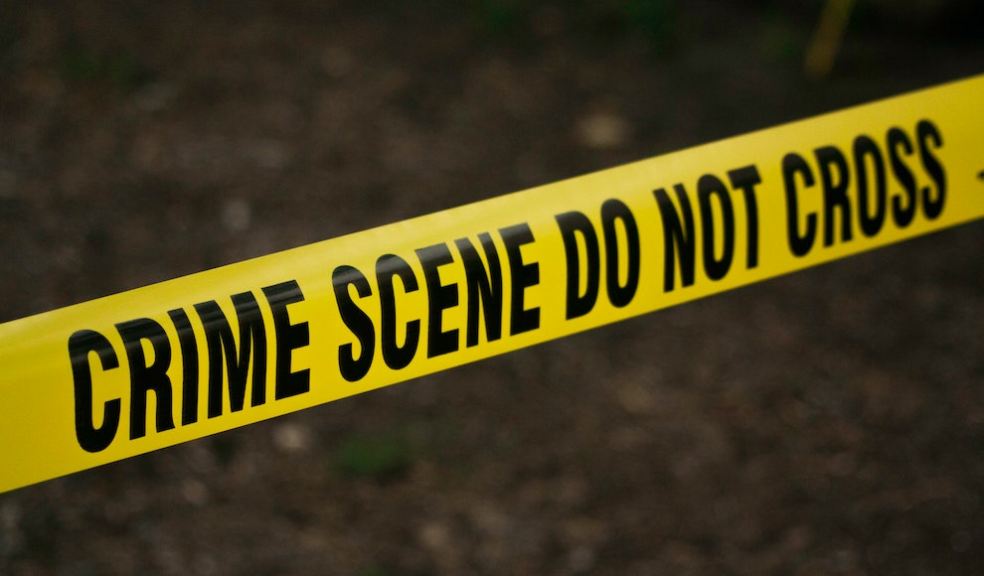
Why do crime scene cleaners turn pictures around
Crime scene cleaners are some of the strongest people out there, and their job is an essential one that we'd be lost without. But how do they cope with what they do? Do crime scene cleaners experience any mental health struggles as a result of their work? Here's what you need to know about how gruesome the work a professional crime scene cleaners day is, and how much it impacts them.
What kind of things do crime scene cleanup teams see?
Crime scene cleaners are the people who return a space back to its usual state after something has happened or gone wrong. That might be a murder, a plane crash, a suicide, an unattended death, and anything in between. This means that, more often than not, crime scene cleaners are faced with some truly gruesome visuals. They're likely familiar with seeing:
- brain matter
- bodily fluids
- blood
- corpses
- bone fragments
- skin
- hair
It's also worth noting that a crime is a crime, so even if the crime scene involved something particularly harrowing - the crime scene cleaners will still need to do their job. Even if the crime scene involved children, or the details are horrific, the cleanup is still required, regardless of whose death it might have been, or how much blood there is.
But, more than that, they are also the people who are there with the family of the victims or bodies. Once the police or whomever else have cleared out, the crime scene cleaners are there still, with the family member. They see the raw emotion that comes with grief, and that comes with family members losing someone and, even worse, seeing it.
It is for this reason that in many television shows and movies, crime scene cleaners are often shown to turn around any photographs at the crime scene. Family photos, portraits, all get spun around to face away. This is, in theory, to protect the mental health of the cleaner as they work on the crime scene cleanup. It is supposed to help them to clean up and dissociate the body and parts in front of them with the reality that it was once a person with a life.
However, according to real life crime scene cleanup teams, this is rarely done. The vast majority of crime scene cleanup teams understand that their empathy is needed, in a time like that. This means that rather than protecting themselves emotionally, they tend to offer an ear or a shoulder to the families of the victims, and they certainly don't hide the recently deceased face.
What kind of person does crime scene cleanup?
If it's so emotionally draining, what kind of person would willingly sign up to clean crime scenes for a living? Well, the answer might surprise you!
A large percentage of the crime scene cleaner career is made up of people who have worked previously equally as traumatic careers. For them, crime scene cleaning is less traumatic than what they did before! A lot of former police and ex-military people choose to work as professional crime scene cleaners, as they've already seen the sort of sights they will be subjected to. At least as a crime scene cleaner, they're not at risk. They get to help people still, by helping to return their homes to them after a tragedy, but without the danger.
Will a crime scene cleaner always handle violent crime scenes?
Crime scene cleaners do tend to focus their cleaning services on crime scenes, but many who work for professional crime scene cleaners will be asked to go and do other jobs on a regular basis, too, to supplement the income. These other jobs can vary from clearing tear gas out of a building to closing down meth labs for the police force.
These jobs are close enough to crime scene cleanup, they still require personal protective equipment, they require many of the same procedures, and often still involve biohazards, but they are often less traumatic and are significantly more common than violent crime.
Is crime scene cleaning a well paid job?
Not everyone can do crime scene cleaning, so many people assume that it must be a really well paid job. In reality, that's not necessarily the case. While crime scene clean up is niche, and it does require its employees to have a strong stomach, it is not up there with the big earning job titles.
Those who chose to take on crime scene clean up as their career can expect to earn between £14 and £29 per hour without additional training, or up to £28k without further training. This is actually less than the average salary in the UK, even though it involves plenty of graphic content and a strong stomach!
What sort of skills do you need to succeed at crime scene clean up?
To do well within the crime scene clean up industry, you will need to have a few set skills. Without these, you might find that you're struggling to keep on top of the work, and may not clean up to the highest standards. You should:
- Not be squeamish
- Have great communication skills
- Be happy to wear protective gear
- Have a lot of empathy and be happy to listen to those who have just lost someone
- Have an incredible attention to detail
- Be physically fit
- Be committed and happy to answer calls at all sorts of times of day
You will also need technical skills, like knowing what chemicals go well together and which chemicals work to clean up which kinds of bodily fluid. They need to make sure that they don't cause any damage to the walls or room that they are in, but they need to ensure that they're doing a good enough job cleaning. There are certain requirements that come with biohazard cleaning, too, that the cleaners will need to stick to.













